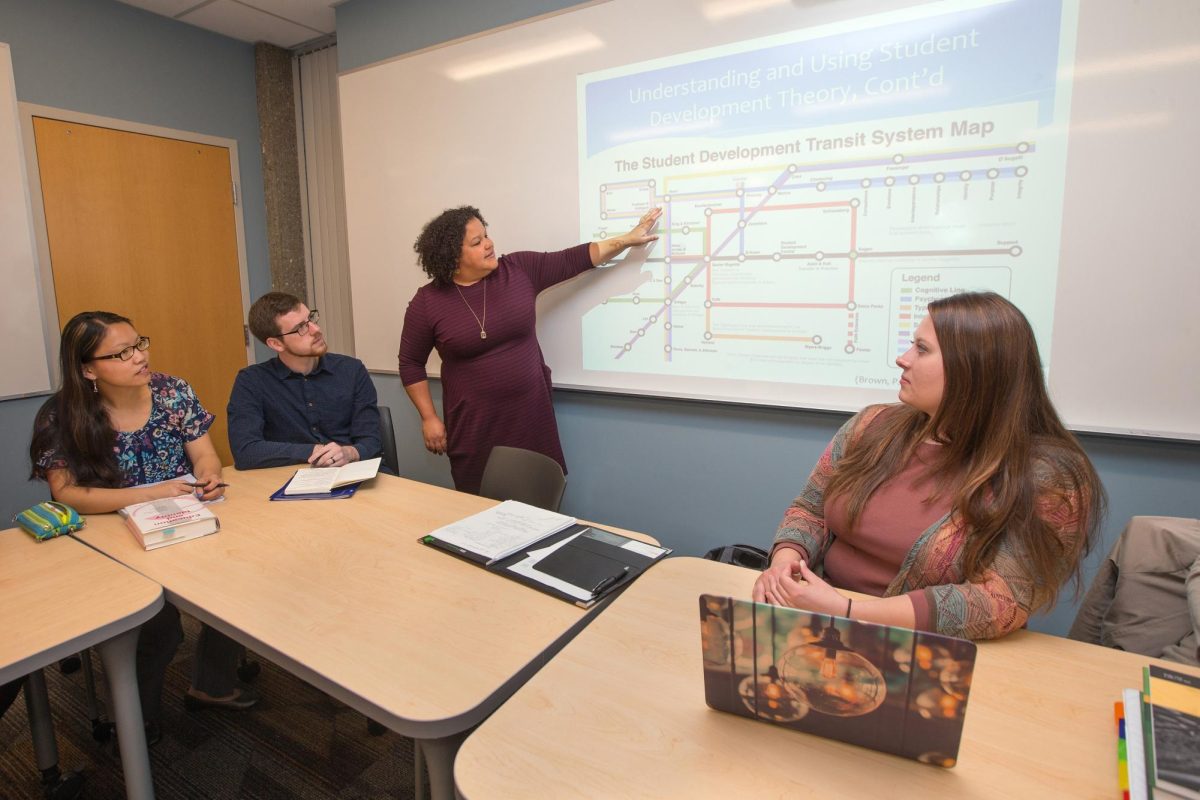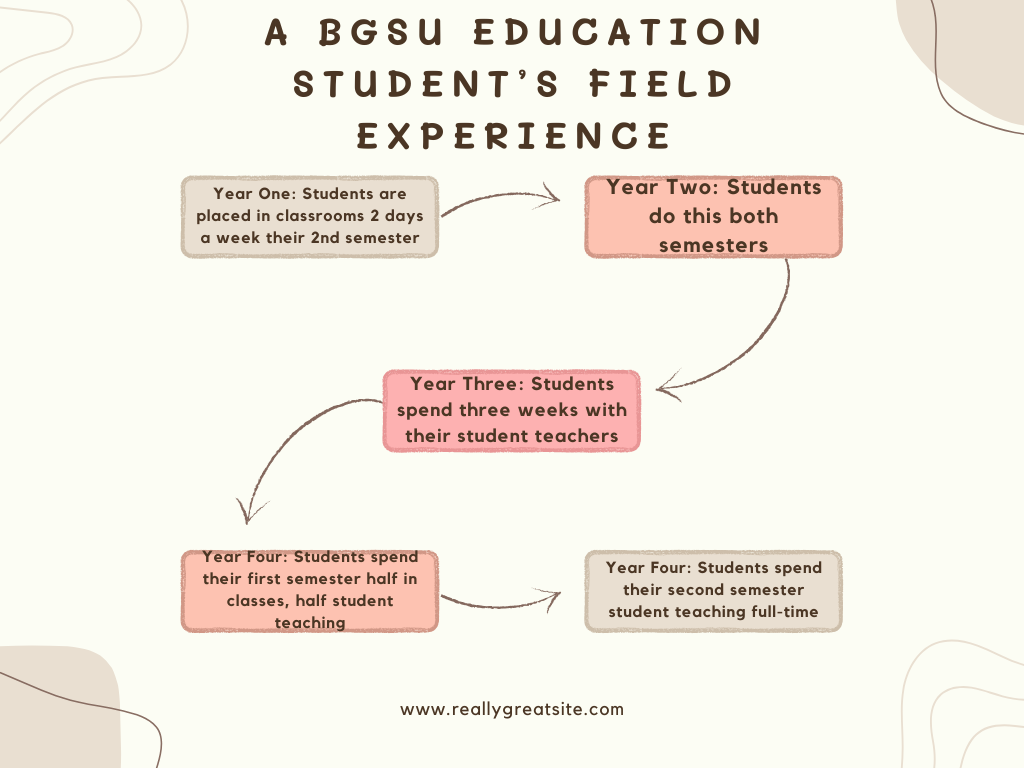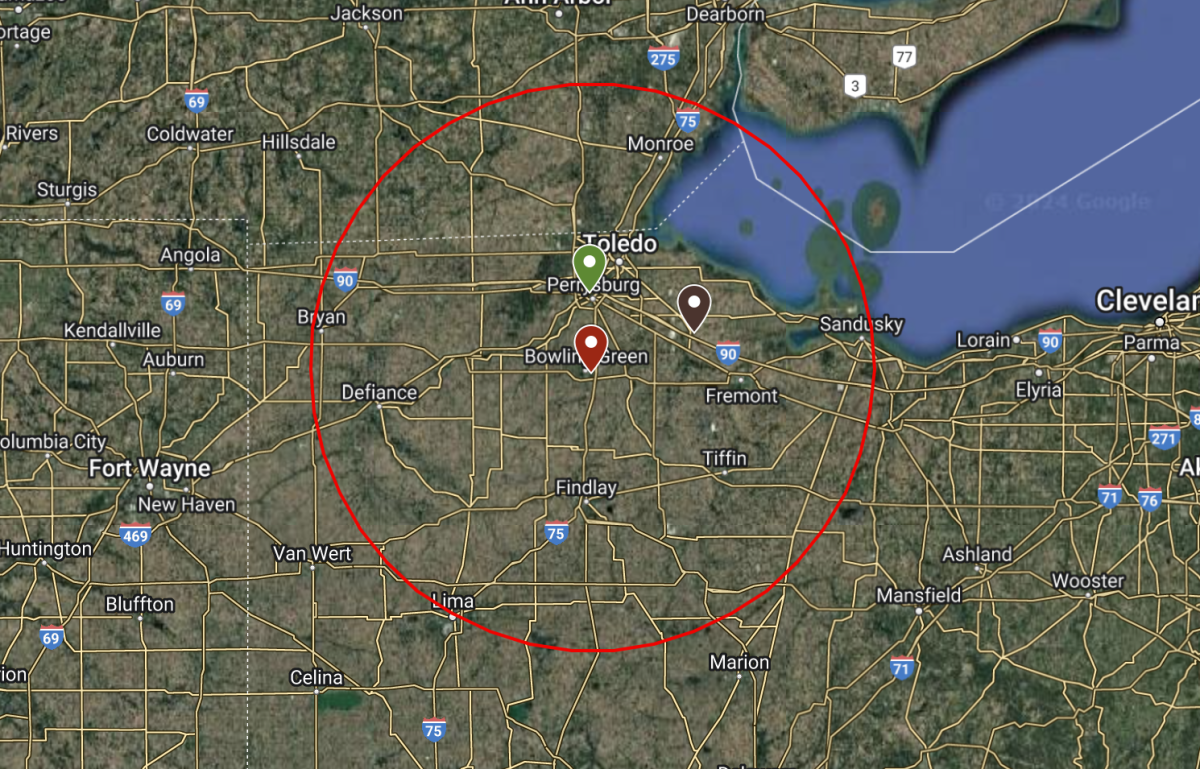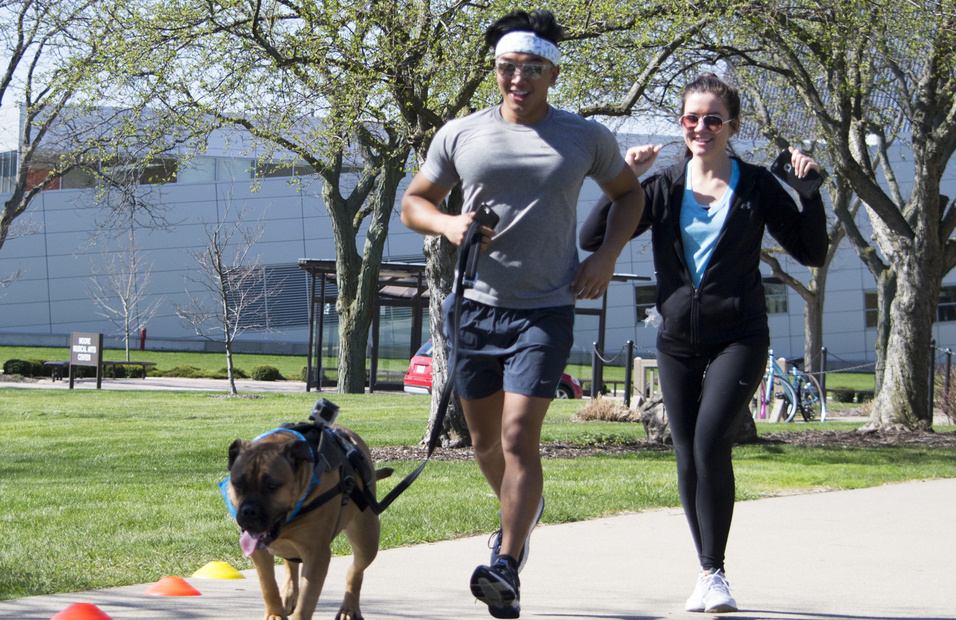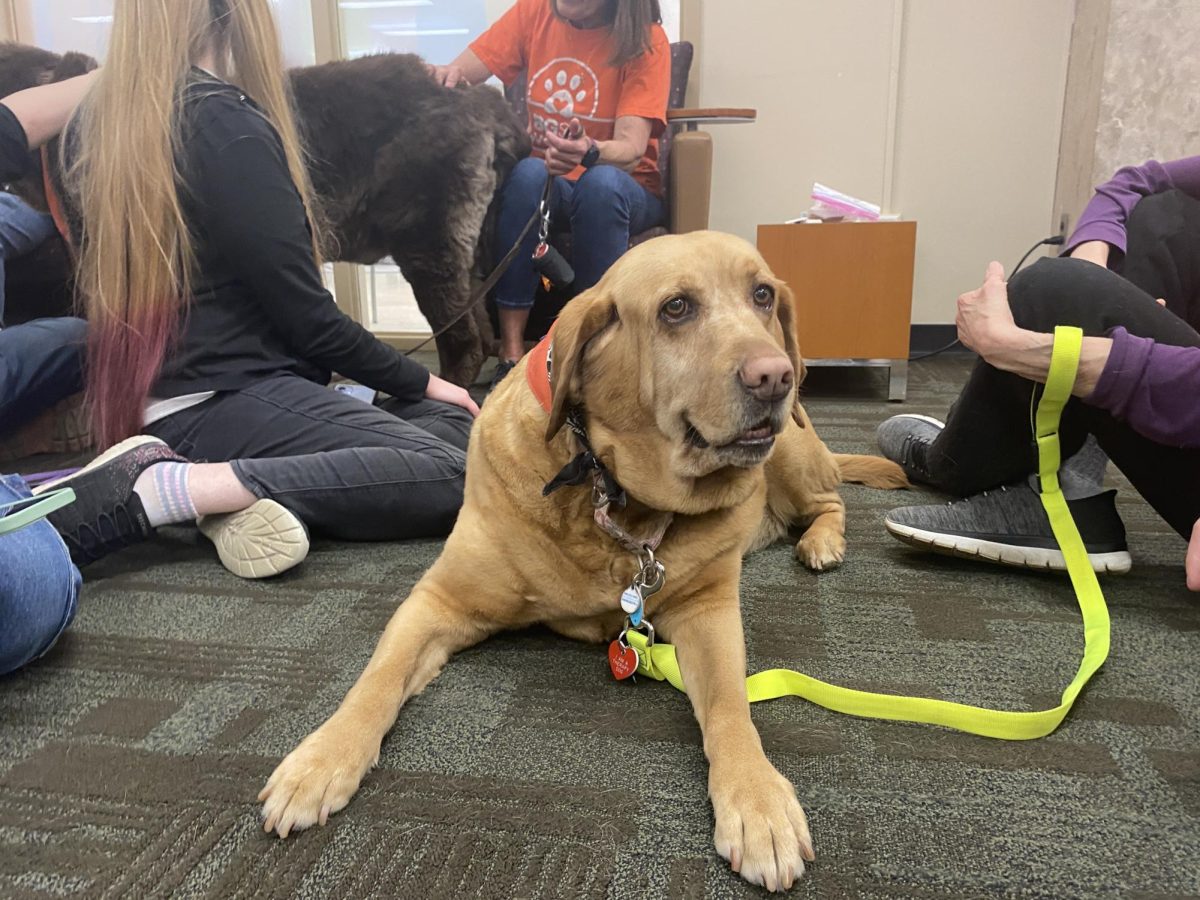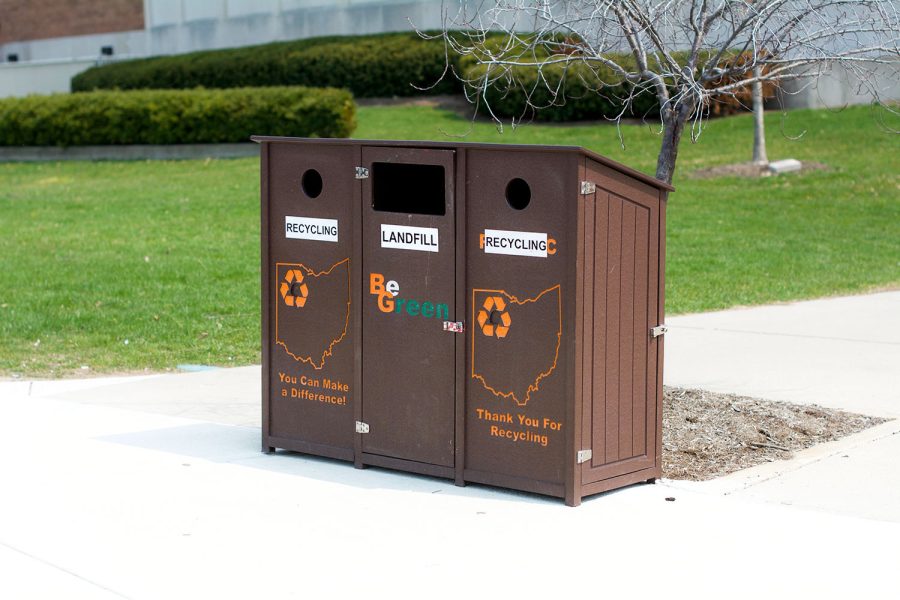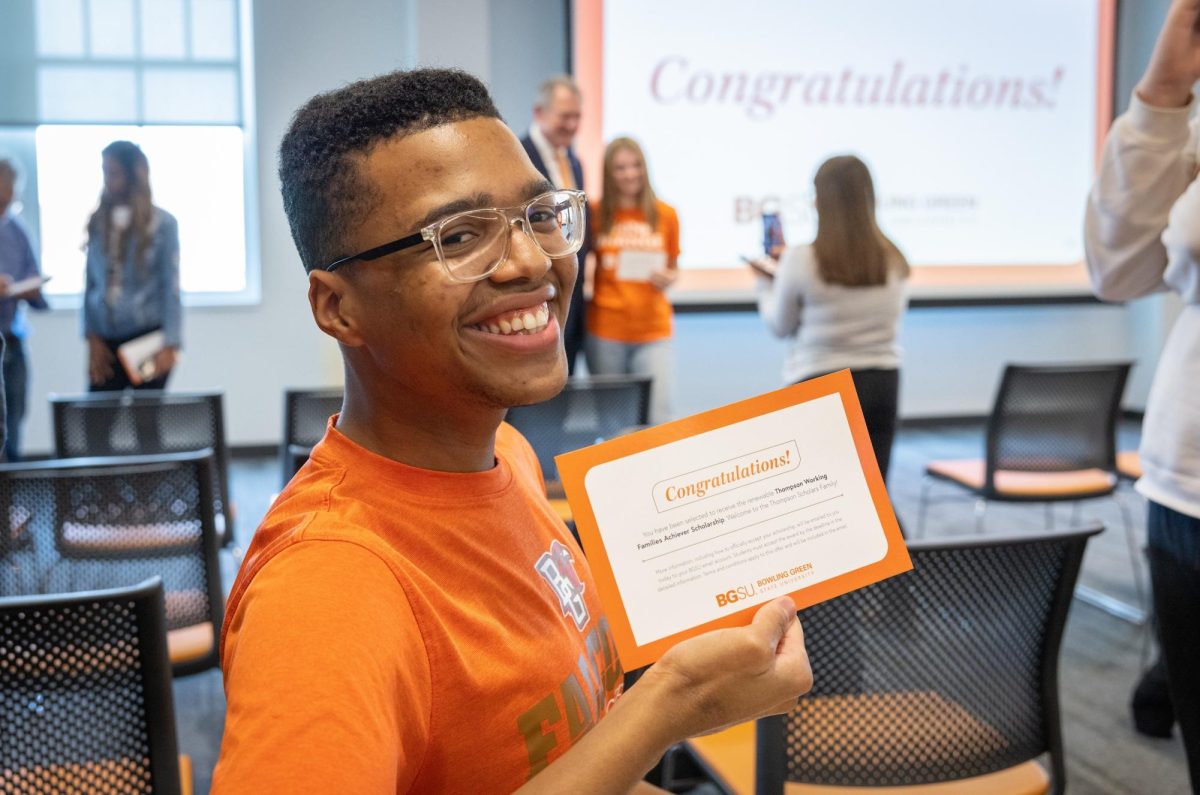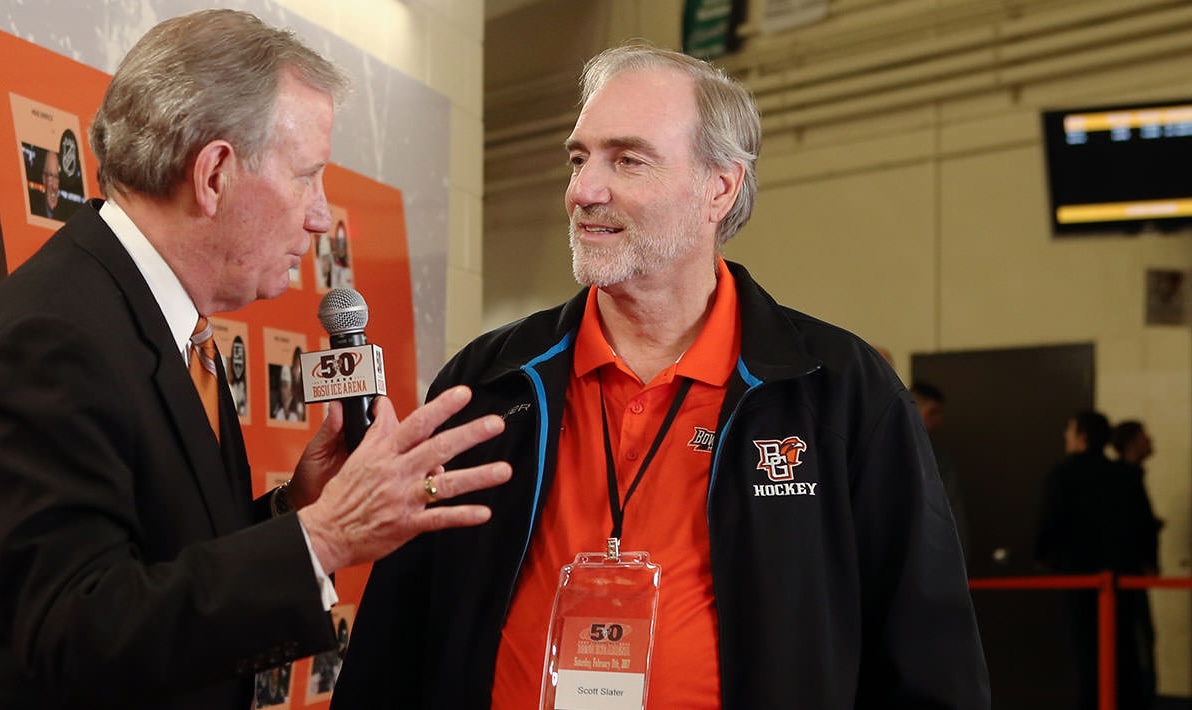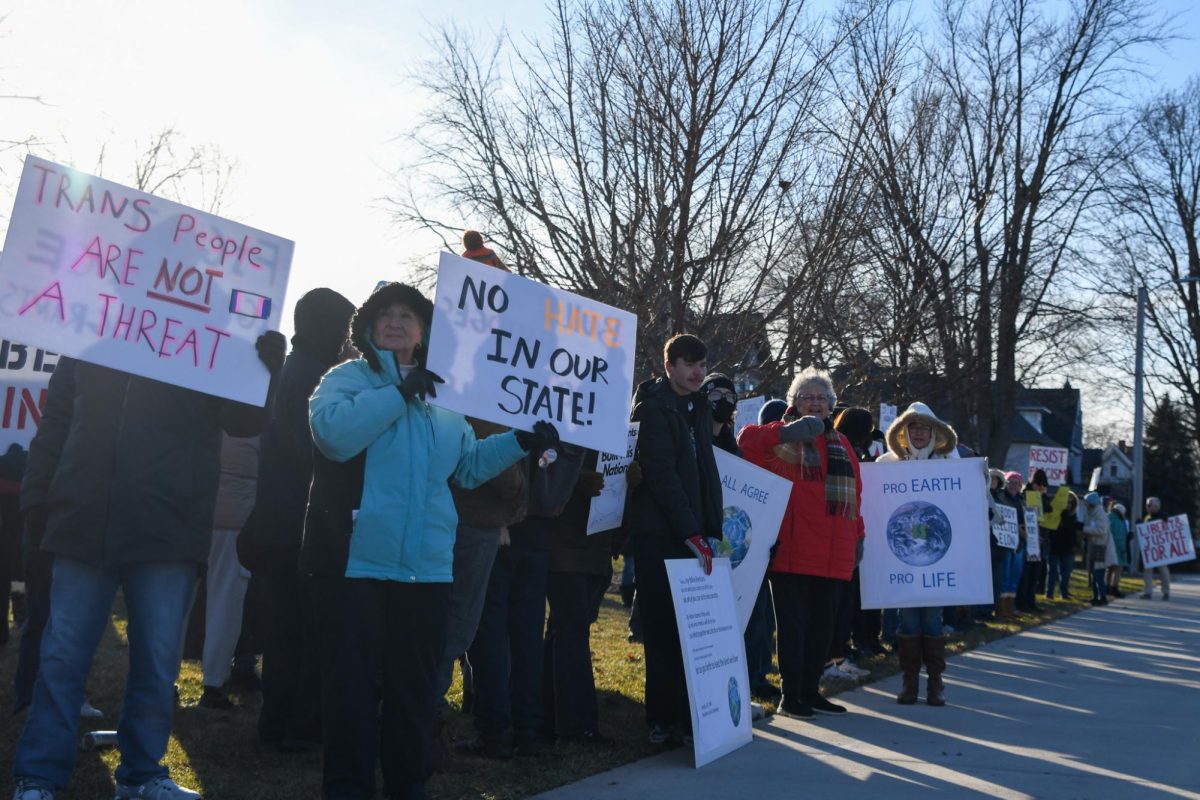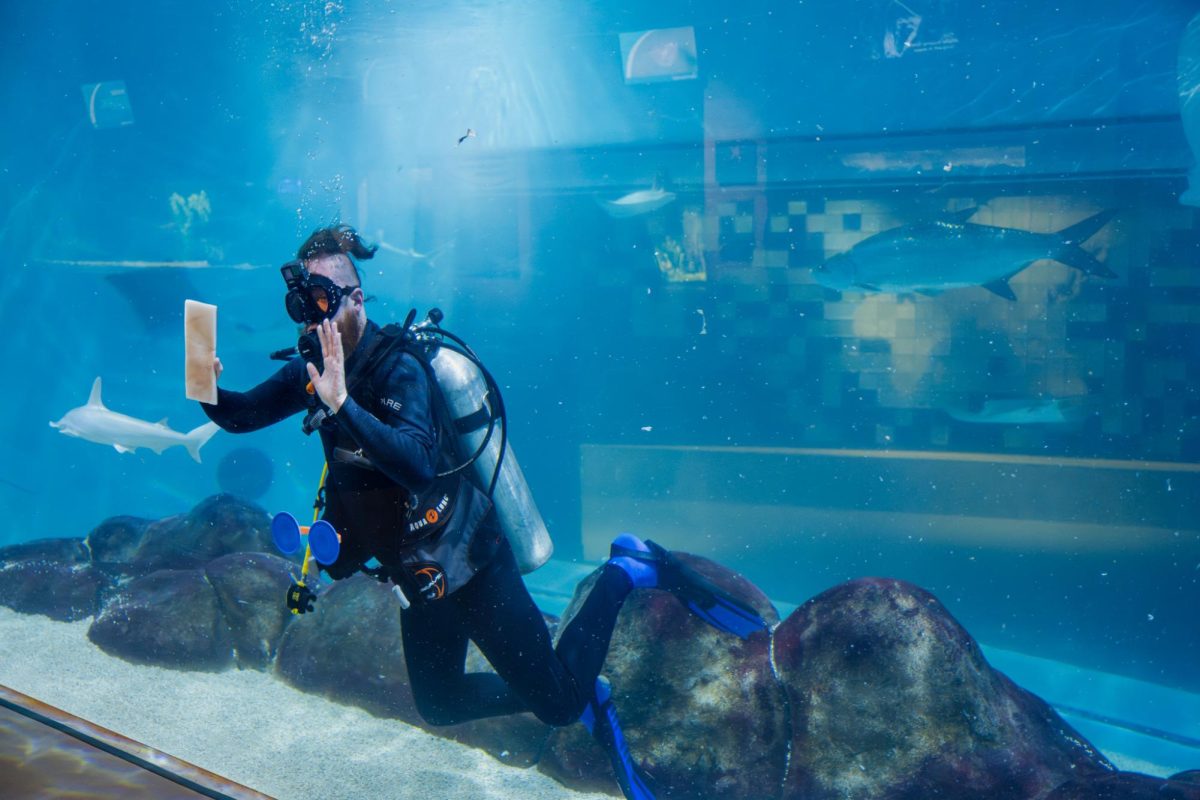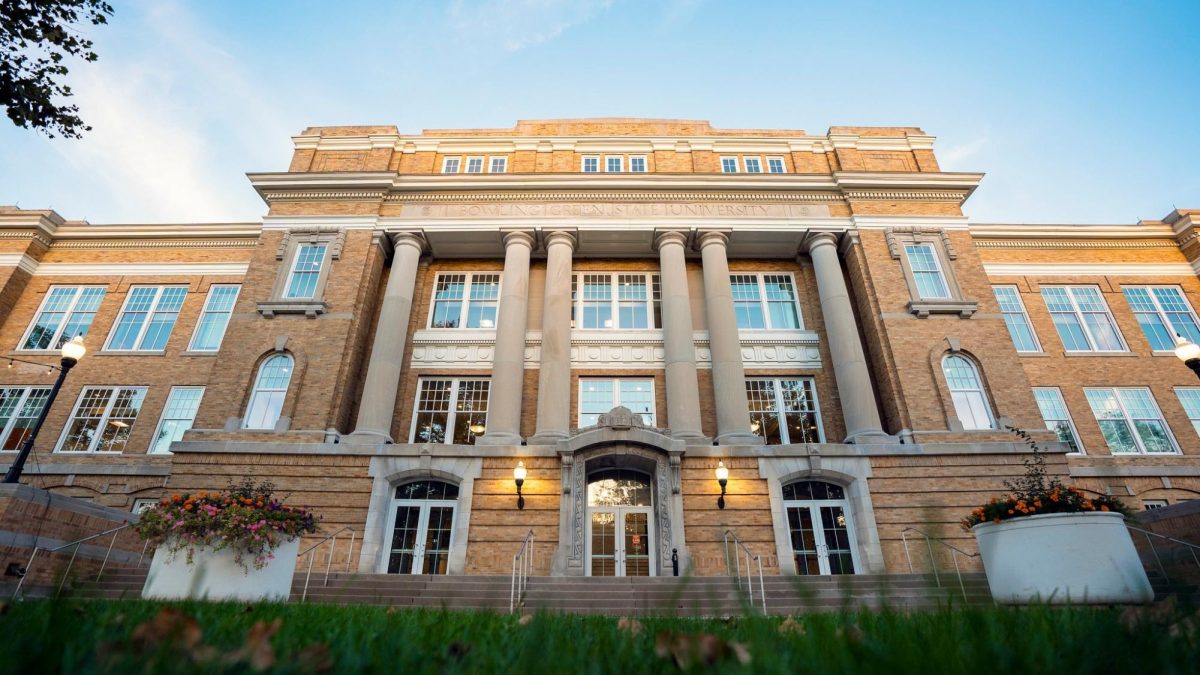In schools across the United States, almost 1 in 8 teaching jobs are unfilled. Around half of all teachers reported they experienced anxiety and depression as a result of their teaching conditions.
BGSU’s nationally-ranked undergraduate education degree program is producing hundreds of new teachers each year to help combat this shortage and is preparing future teachers through a capstone field experience called student teaching.
During the student teaching semester, education students spend the entire semester in a real classroom gaining real-world experience—something current student teachers told BG Falcon Media enhances their education greatly.
However, there is one major problem: They receive is little to no pay for their work.
University administrators and legislators alike are working to provide financial resources for student teachers and education majors—all with the goal of helping BGSU students become successful teachers who want to stay in an increasingly challenging profession.
Student Teaching: How it Works
As part of their capstone class, BGSU education students work 40 hours per week as student teachers in real classrooms doing everything that teachers do: creating lesson plans, teaching classes, managing classrooms and much more.
At many universities, education majors only have one student teaching semester—the only time they get field experience in real classrooms. But BGSU does student teaching differently in order to give students as much real-world experience as possible.
BGSU education students are placed in classrooms for a few days each week during their first year of college. By the fall of a student’s senior year, they are working in a classroom half of the time and taking classes the other half of the time, and they end their senior year spending an entire semester in the classroom.
Madison Schroer, a senior middle school education major and student teacher, said her days are busy but the work is worth the hassle.
“The program at times can be a lot,” Schroer said. “But at the end of the day, I just have to remind myself as I keep going. Even on the hardest days, there’s a reason why I keep going because this is what I love.”
Student teaching is a cumulative experience that senior middle school education major Noel Warnement said sets BGSU’s education program apart.
“Working with kids is so vital to this career path. I feel like in classes, we can learn all these tips and tricks, but until you’re out there doing it, I feel like you don’t fully understand that,” Warnement said. “I think Bowling Green does a great job of getting us out there early.”
Positive Experiences with Student Teaching
Student teachers at BGSU said they get a lot out of their student teaching experiences. Kylie Schmehl, a senior and high school English education major, said student teaching in real classrooms makes her feel like she’s making a real difference in her students’ lives.
“I had a student tell me this morning that they loved me and my class, which was a real honor because you don’t hear that kind of stuff from high schoolers ever,” Schmehl said. “You get to combine what you learned in the classroom and what you learn with real students and seasoned advisors to go out and make a real difference in people’s lives.”
Schroer said she believes her student teaching experiences at BGSU and the teachers she’s been matched with will set her apart from other job applicants post-graduation.
“This is the second time I’ve been placed with these teachers, and they’ve always been so helpful and supported me in whatever I wanted to try in the classroom,” Schroer said. “Just knowing I have these experiences and the BGSU name behind me is going to make it so much easier to get a job.”
Problems with Student Teaching
Despite the positive experiences reported by many of BGSU’s student teachers, these students also reported experiencing challenges that come from working what is essentially a full-time job that is not only unpaid, but that costs money to do.
Some students, like Warnement, are able to have other jobs to help financially support themselves during student teaching. She said she’s thankful for her student teaching experience but wishes student teachers got a little more help.
“Financially, there’s not a lot they can do,” Warnement said. “They have some stuff, but a lot of it is out of their hands.”
Not only are student teachers not compensated for their time in the classroom, but many student teachers also said their transportation to and from the schools where they work can be costly.
Schmehl is placed at a school 45 minutes from BGSU’s campus, for example. Student teachers can be placed at any of BGSU’s partner districts within a 60-mile radius of campus, meaning many student teachers have up to a two-hour roundtrip commute on top of an eight-hour work day.
“I wake up at 5:45 a.m. to be to school on time to prepare for the day, so that’s a lot of time in prep and travel” Schmehl said. “It is a lot, but I knew it might be like this when I signed up for it.”
While some student teachers get teacher matched with schools they’ve worked with before, teacher matching is not guaranteed, meaning most student teachers have no choice in where they go and are provided no transportation to get there.
What BGSU is Doing
Dawn Shinew, the dean of BGSU’s College of Education and Human Development, said she is acutely aware of the struggles students face, and said she is dedicated to providing resources to support students in the midst of the teacher shortage in any way she can.
“One thing I spend a lot of time on is raising scholarship money,” Shinew said. “We distributed almost $800,000 in scholarships at the college level last year, and that’s a way to help lessen tuition costs for students to put that money towards other things.”
Shinew, who took on the role of dean in 2016, said one initiative the college has begun is providing a $25 gas card at the beginning of the semester to students who are required to drive long distances. She said this is a small step towards supporting future teachers.
“I raise money from alumni and other supporters of the college to help with this gas card initiative,” Shinew said. “I know it’s not much, but when students come in my office to get their gas card, they’re excited and grateful for any bit of help they can get.”
In the aftermath of COVID-19 pandemic, the state of Ohio changed its substitute teacher policy to allow anyone with a high school diploma to substitute teach. This policy now allows student teachers to occasionally fill in for their placement teachers.
Shinew said this initiative is another way for students to make a little bit of money and support themselves while still getting the student teaching experience.
“What we’re trying to do is balance ensuring that students have that genuine, full-time experience while also giving them some availability to work as substitutes to help with some of the costs,” Shinew said.
What the State Could be Doing
This year, Gov. Gretchen Whitmer of Michigan helped launch the Michigan Future Educator Stipend, a program that provides up to $9,600 in financial support to student teachers.
Shinew said because BGSU is a state university, the department would not be able to enact something like Michigan’s initiative until a similar statewide measure is passed in Ohio. Shinew said BGSU does work closely with state representatives to ensure work is being done to promote student teachers’ best interests.
“We work closely with legislators to develop scholarships and to advocate raising the base salary for teachers,” Shinew said. “They’ve been pretty responsive, and that’s been a real help.”
Multiple initiatives to help compensate student teachers have been started at the state level in Ohio. One such initiative is House Bill 563 (HB563), the ‘Enact the Future Educators Support Act.’
If passed into law, the bill, which is currently supported by five Ohio state legislators, would allow school districts to pay student teachers for their work and provide them the same health benefits, insurance and retirement as their other teachers.
While no sponsors on the bill replied to interview requests from BG Falcon Media prior to publication, Rep. Lauren McNally, a co-sponsor on the bill, said she deferred comment to other bill sponsors.
Shinew said she is excited about HB563 and similar initiatives to aid future teachers in their scholarly endeavors. She said she hopes the support of the university, state legislators and classroom mentors will help BGSU teachers thrive in the classroom and help lessen the national teaching shortage.
“It’s about the pressures they’re under, and it’s a lot,” Shinew said. “I think teachers could use a lot more support than they often are provided.”


